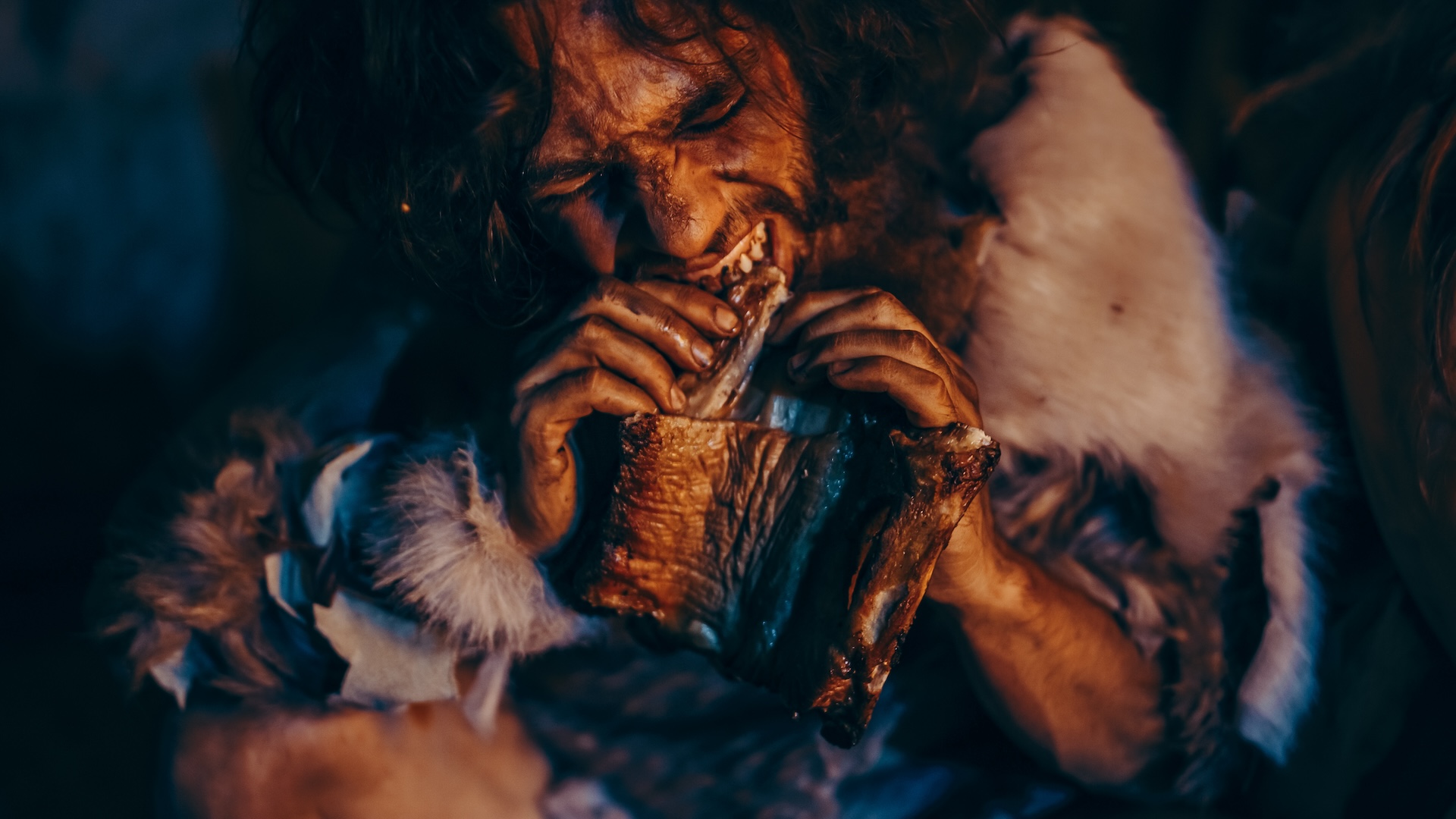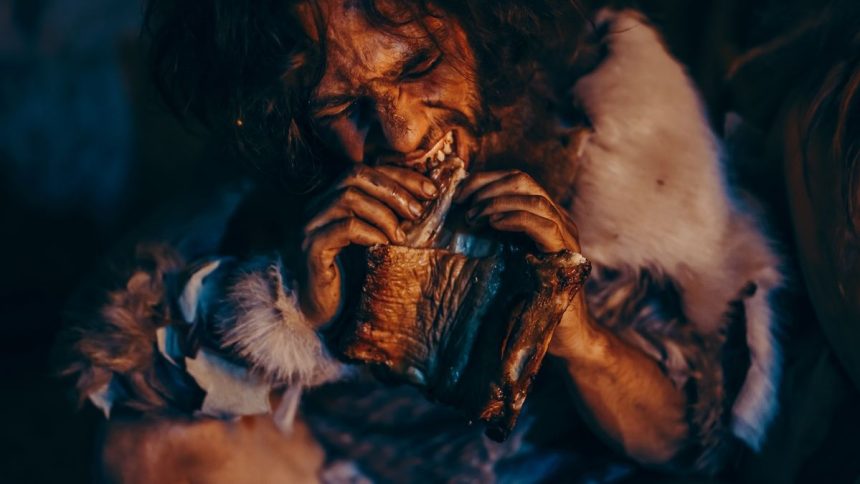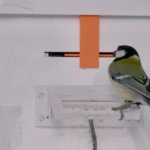The Origins of Cooking: A Journey Through Time

Unraveling the Beginnings of Culinary Practices
Humanity’s relationship with cooking is a fascinating narrative that intertwines archaeological discoveries and biological insights. The quest to determine when our ancestors first began roasting food over flames unveils profound implications for understanding our evolution.
A Glimpse into the Past: Evidence from Archaeology
Recent archaeological findings indicate that humans may have started cooking as early as 1.5 million years ago. Sites in East Africa, where remnants of charred animal bones and plant materials have been unearthed, provide compelling evidence of early culinary practices. This timeline suggests that the control of fire played an integral role in dietary advancements, giving rise to improved nutrition and altered social behaviors.
The Role of Biology in Understanding Cooking
Biologically speaking, cooking marks a crucial turning point for Homo erectus and later Homo sapiens. The ability to harness fire not only made food more digestible but also unlocked access to enhanced caloric intake—a factor believed to have influenced brain development significantly. For example, studies indicate a direct correlation between cooked diets and increased brain size during early human evolution.
Evolutionary Advantages Through Cooked Food
Cooked meals serve multiple evolutionary advantages beyond mere sustenance. By transforming raw ingredients into more palatable forms, our ancestors could minimize energy expenditure on digestion while maximizing nutrient absorption—promoting health benefits essential for survival in harsh environments.
Furthermore, communal cooking likely fostered social bonds as families gathered around fires—this sharing behavior may well be the foundation upon which modern culinary traditions stand today.
Modern Perspectives on Culinary Evolution
Today’s exploration into ancient cooking methods continues to inspire contemporary culinary arts. Chefs often embrace traditional roasting techniques reminiscent of those employed by early humans; this interaction highlights a continuity bridging past practices with modern gastronomy.
Moreover, ongoing research shines light on how specific dietary choices today can trace back millions of years—illustrating an unbroken connection through time via our ancestral habits rooted in fire-based cuisine.
Conclusion: Echoes from Our Ancestral Kitchen
The journey into when humans first roasted food reveals not merely an advancement in culinary skill but also illustrates shifts in physiology and social structures millions of years ago. As we investigate further with each new discovery within archaeology and biology fields alike, we gain invaluable insights into how these primordial practices continue shaping our health—and culture—as we know it today.
For deeper insight into this captivating subject matter visit [this link](https://www.livescience.com/archaeology/when-did-humans-start-cooking-food).






